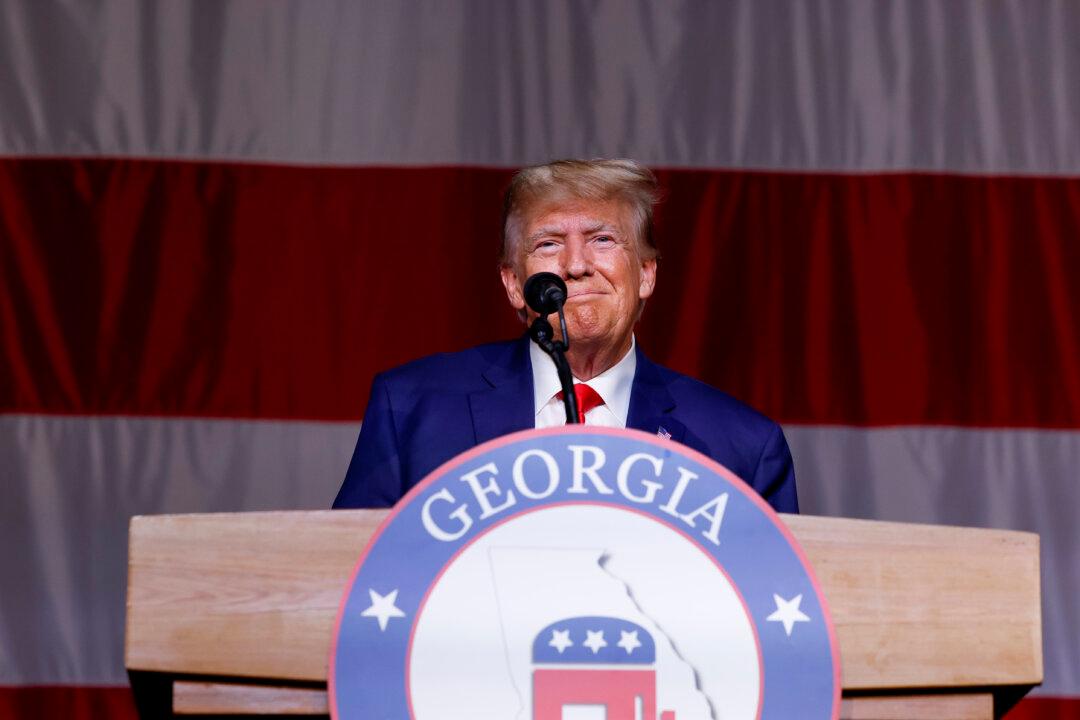Former President Donald Trump’s legal team responded to prosecutors’ arguments that the defense of presidential immunity would put President Trump above the law, stating that following this precedent would merely “return us to the sensible process envisioned by the founders, where the People’s representatives in Congress—not an unelected prosecutor—first decide whether a President’s official actions are worthy of sanction and potential criminal liability.”
The former president had filed a motion to dismiss the case on Oct. 5, claiming the absolute immunity conferred to a U.S. president as outlined in the ruling of Nixon. v. Fitzgerald. Prosecutors argued that such an argument put President Trump above the law, as no one, even the president of the United States, should escape prosecution for serious crimes. The indictment against President Trump alleges crimes that depend on the state of mind, that he sought to defraud through “dishonesty, fraud, and deceit” in the aftermath of the 2020 elections, while President Trump maintains that he sought to investigate allegations of fraud in the 2020 elections.





